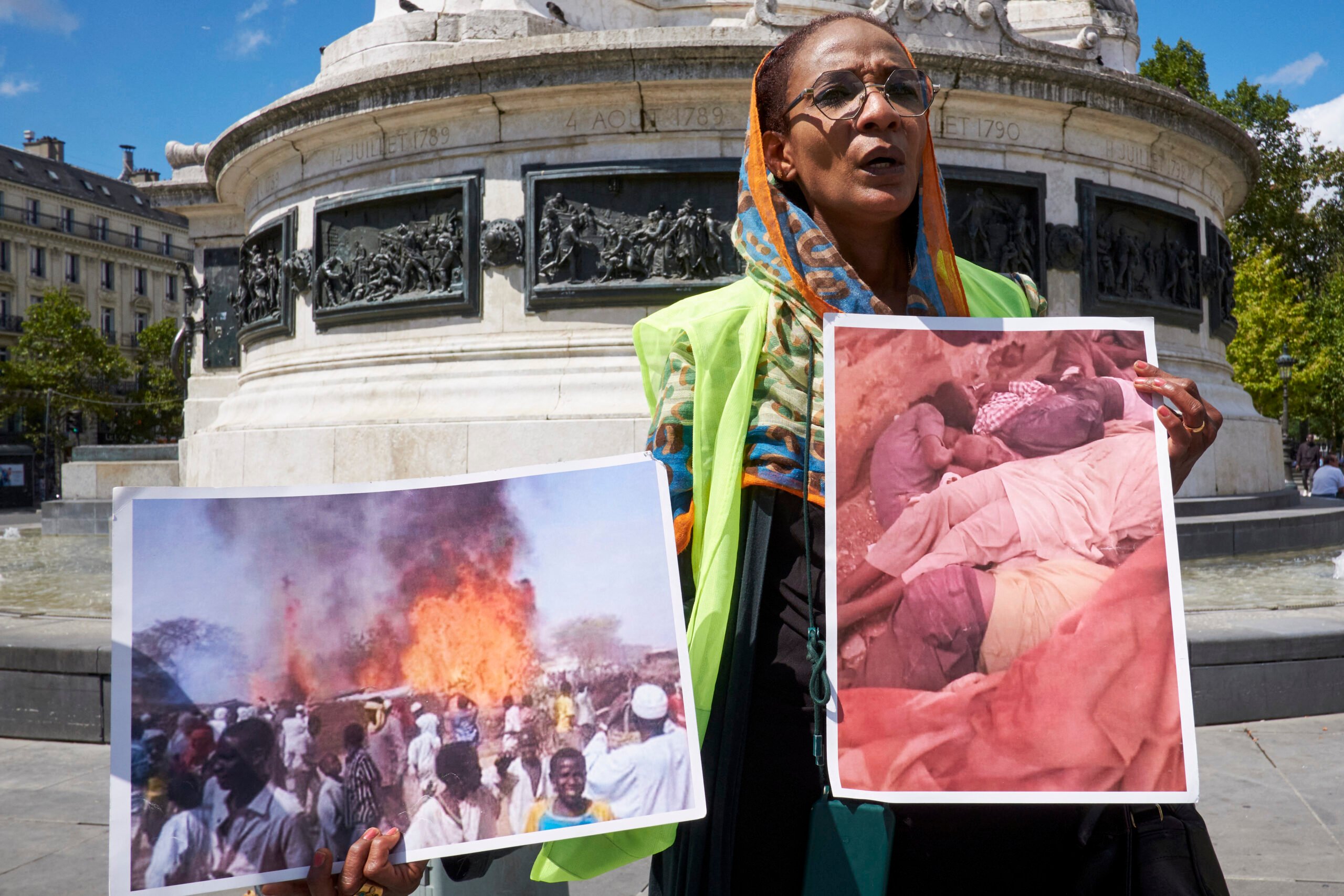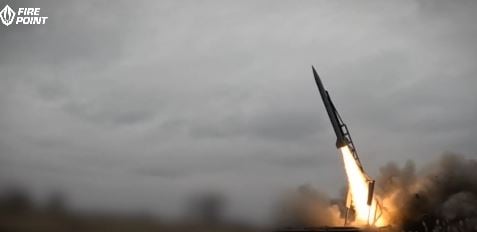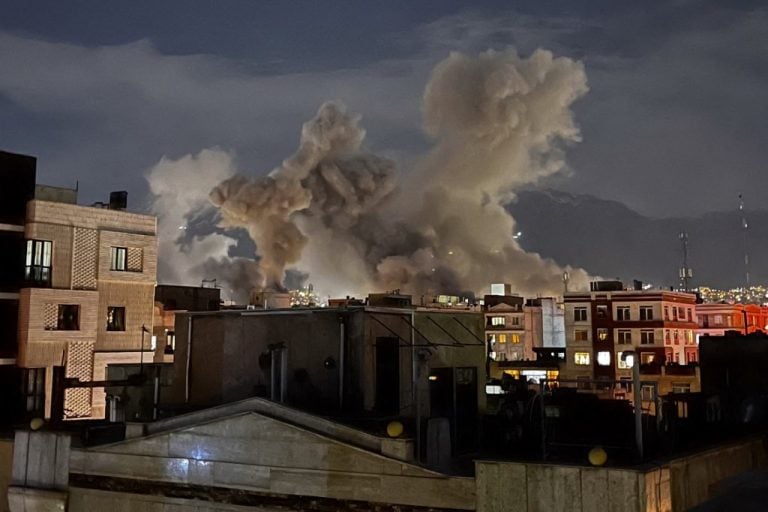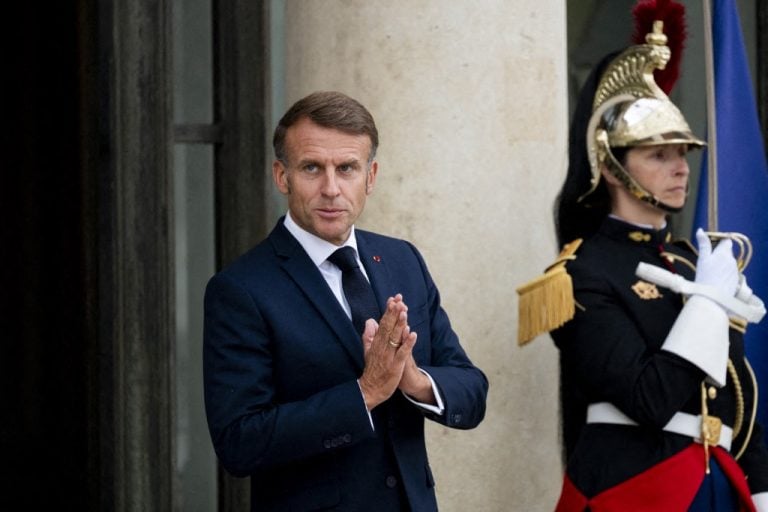In a tragic escalation of violence in North Darfur, paramilitary forces executed a brutal attack on the besieged capital of El-Fasher and a nearby displacement camp, resulting in the deaths of at least 57 civilians on Friday, according to local activists. The violence underscores the intensifying struggle for control in Sudan’s west, as the Rapid Support Forces (RSF) continue their conflict with the Sudanese army, a situation that has been ongoing since April 2023.
The RSF launched a concerted assault on El-Fasher, employing heavy artillery, sniper fire, and suicide drones from eastern and northeastern positions, as reported by a local resistance committee. The organization confirmed that by late afternoon, 32 individuals had been killed within the city, among them four women and ten children aged between one and five, with at least 17 additional casualties reported.
Earlier in the day, RSF militants targeted the Zamzam displacement camp situated near El-Fasher, claiming another 25 civilian lives, including some elderly residents and children. This camp, along with others in the region, has been severely impacted over nearly two years of persistent fighting. El-Fasher remains the only state capital in Darfur still under the control of the regular army, highlighting its strategic importance to both factions amidst ongoing hostilities.
Eyewitness accounts detailed RSF vehicles entering the Zamzam camp under a barrage of gunfire, indicating a significant military presence. This attack followed a prior incident in which RSF shelling of the Abu Shouk camp, also near El-Fasher, resulted in at least 15 fatalities and 25 injuries.
Residents of El-Fasher shared their experiences with the media, noting that the RSF struck from multiple directions after barraging the city with shells and rockets. Observers also reported aerial drone attacks over central El-Fasher, marking a troubling expansion of warfare techniques employed by the paramilitary group.
The RSF’s recent offensives appear to be part of a broader strategy to assert dominance over Darfur following their loss of control in Khartoum last month. The humanitarian situation in these regions is dire, with Zamzam having been previously designated as facing famine conditions in a UN-backed assessment last year. The Integrated Food Security Phase Classification issued warnings that famine has since spread to additional camps, exacerbating the plight of displaced populations.
The ongoing conflict stems from a power struggle between army chief Abdel Fattah al-Burhan and his former deputy, RSF commander Mohamed Hamdan Daglo. Since the outbreak of hostilities, tens of thousands have died, and over 12 million people have been displaced.
While the army has managed to regain some control in Khartoum, divisions remain stark, with military forces maintaining influence in various regions. Meanwhile, the RSF retains significant power across most of Darfur and parts of southern Sudan.
UN High Commissioner for Human Rights Volker Turk has sounded alarms over the worsening conditions for civilians, calling for an urgent ceasefire and intervention from the international community. He remarked that the ongoing conflict serves as a catastrophic reminder of the need for a resolution, stating, “Two years of this brutal and senseless conflict must be a wake-up call to the parties to lay down their weapons and for the international community to act.” Turk emphasized that Sudan must not continue down this destructive path.







